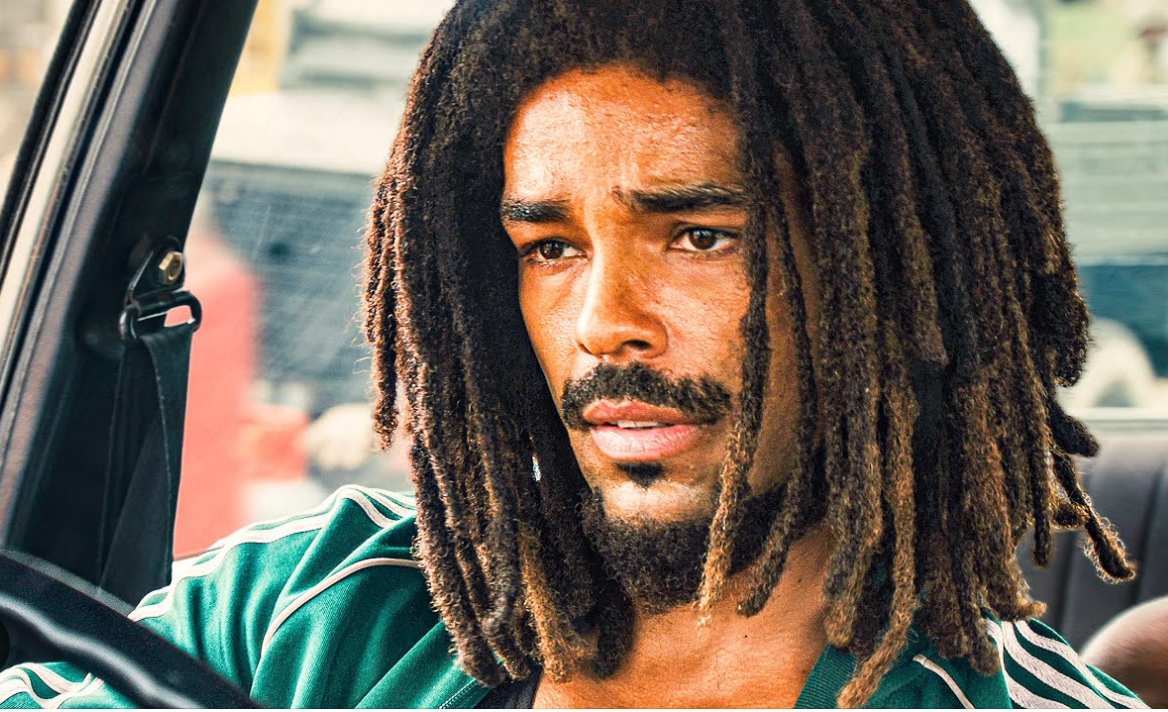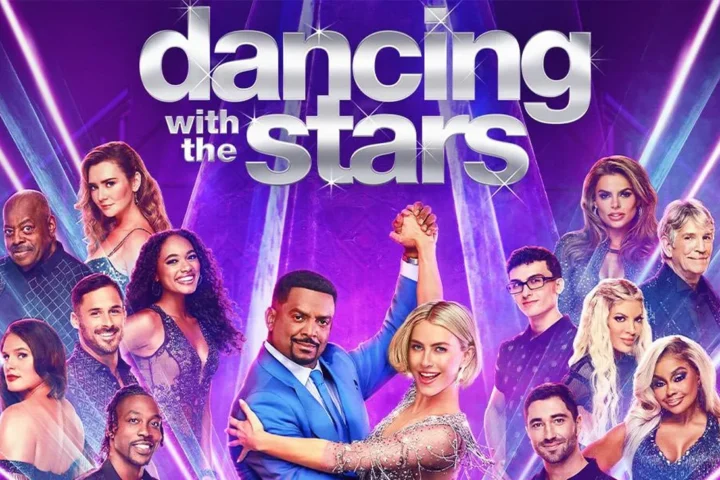The biopic, “Bob Marley: One Love,” was about one of the greatest musicians, as well as one of the most influential people in the world, Bob Marley. The film overall, is a great depiction of the life and struggles of Marley by showing his rough childhood, growing up in Jamaica, and finding his first love at a young age. The film included information that I never knew, such as an attempted assassination on him. There were some details about Marley that could have been included to further demonstrate the impact he had, but that doesn’t change my opinion of the film too greatly.
The movie itself was very intriguing to watch. I loved how two of his children, Cedella Marley and Ziggy Marley, served as executive producers for this amazing biopic. Ziggy’s wife, Orly Agai, also served as an executive producer for the film. The film shows the character of Marley dealing with the struggles of abandonment from an early age. This is depicted through his reliving the Jamaican fires and recurring nightmares of his father abandoning him at a very young age. I felt for his character as growing up and having only one parental figure can create its own set of difficulties. Furthermore, in relation to Marley, I loved listening to music from a young age. I felt that music copes with the heart and soul of everyday life.
Marley played a huge part in music throughout the early 1960s to late 1970s, with being one of the pioneers of Jamaican reggae music. The film also got me passionate about learning more about different types of music from Jamaica, such as reggae, ska, and rocksteady. Most of all, I loved to listen to his music, since he had a very distinctive vocal and songwriting style that captured the hearts of many.
As much as I loved the movie, the film could have done better with a more thorough explanation of Marley’s role and connection to the Jamaican Revolution. In 1978, he fought a campaign for peace after years of political violence in Jamaica. The film shows few aspects of this, focusing more on his backstory and love for music. The ending of the film could have also been more thought out, rather than being left open-ended. The filmmakers should have shown the ending of the Jamaican Revolution as part of the film, rather than showing archival footage. Although I understand that it is a biopic, they didn’t have to chunk up most of the film’s important details with archival footage in the end credits.
Overall, I thought that the movie was very interesting to watch. Despite the missing information, I found the story to be on point. The writing was terrific, with Terence Winter, creator of HBO’s “Boardwalk Empire,” as well as the writer behind classic episodes of “The Sopranos,” such as “Pine Barrens” and “Long Term Parking.” The film also had very good direction from Reinaldo Marcus Green, who previously directed “King Richard.” Other than Marley’s own children serving as producers, the film included Robert Teitel, as well as two-time Oscar winners for Best Picture, Dede Gardner and Jeremy Kleiner, who had won together for producing “12 Years a Slave” (Steve McQueen, 2013) and “Moonlight” (Barry Jenkins, 2016). This is a must-see film that I would highly recommend.











